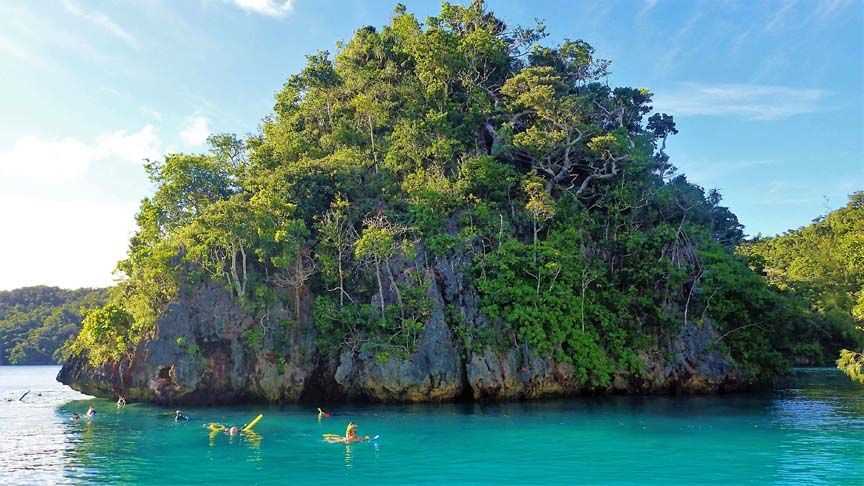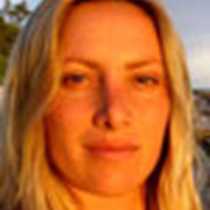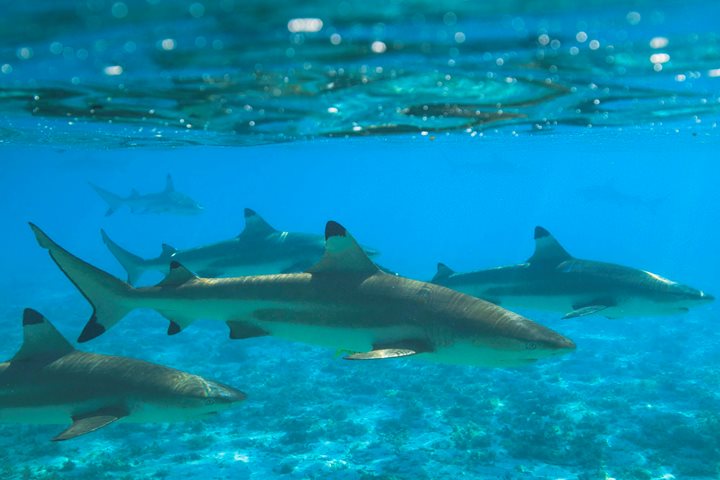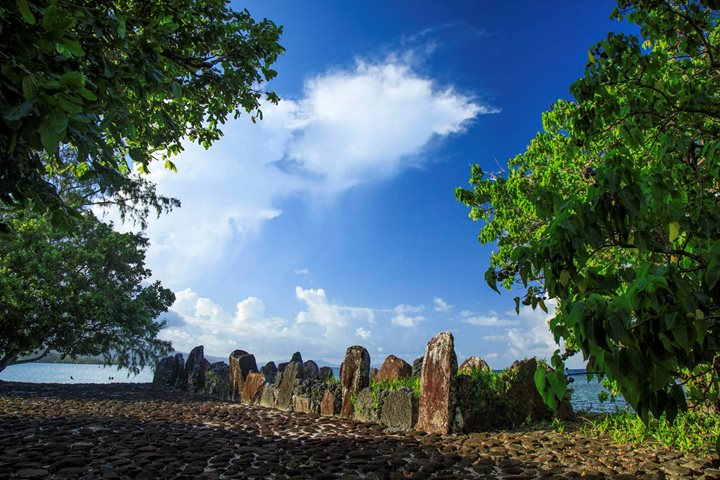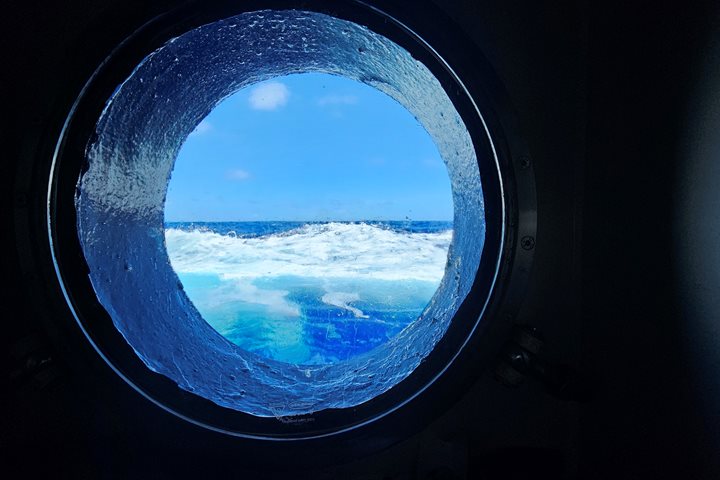Located 355km east of Nadi and about halfway to Tonga, Vanua Balavu is Fiji’s third biggest island and considered one of the most scenic. This unexplored remote region is renowned for its mushroom shaped islands and pristine waters, where commercial fishing is not allowed. Most of islands are made of limestone and a few are volcanic. Interrupted periods of uplift have permitted the corals to grow, creating a fantastic opportunity for snorkeling, diving, kayaking, stand-up paddleboarding, and swimming. The alluring warm and emerald green sea was the perfect invitation for guests to take a plunge into this tropical paradise. With our beautiful National Geographic Orion ship safely anchored, we set to explore and cruise around this maze of islands surrounded by calm waters. We were pleasantly surprised by our “Zodiac bar”, strategically placed to quench our thirst. Cocktails in hand, we learnt about the interesting geological mushroom formations and how they acquired their peculiar shapes. Water erosion and the persistent grazing action of small mollusks called chitons are responsible for these fascinating features. In colloquial language, chitons are also called coat-of-mail, their shell resembling the segmental armour on a knight's gauntlet. These marine creatures have powerful teeth coated with magnetite, a hard ferric/ferrous oxide mineral. The radula, or teeth, is used to scrape microscopic algae of the substratum and the foraging action slowly carves into the limestone walls. Other marine creatures were also spotted. Sharks, turtles, and colorful fish were found gently cruising around the islands, framed by hard and soft corals.
Marine protected areas (MPAs) like Vanau Balavu have an important role in ocean conservation. Fiji is a critical site for global coral reef protection, with 10,000 square kilometers of coral reefs and an astounding 42 percent of the world’s coral species. Fiji’s coral reefs face significant global and local threats including climate change, overfishing, and pollution.
If properly managed, MPAs can restore biomass, diversity and abundance of corals and fish if compared to adjacent fished areas. To be able to explore and immerse ourselves into these protected islands was a privilege we will not forget.

